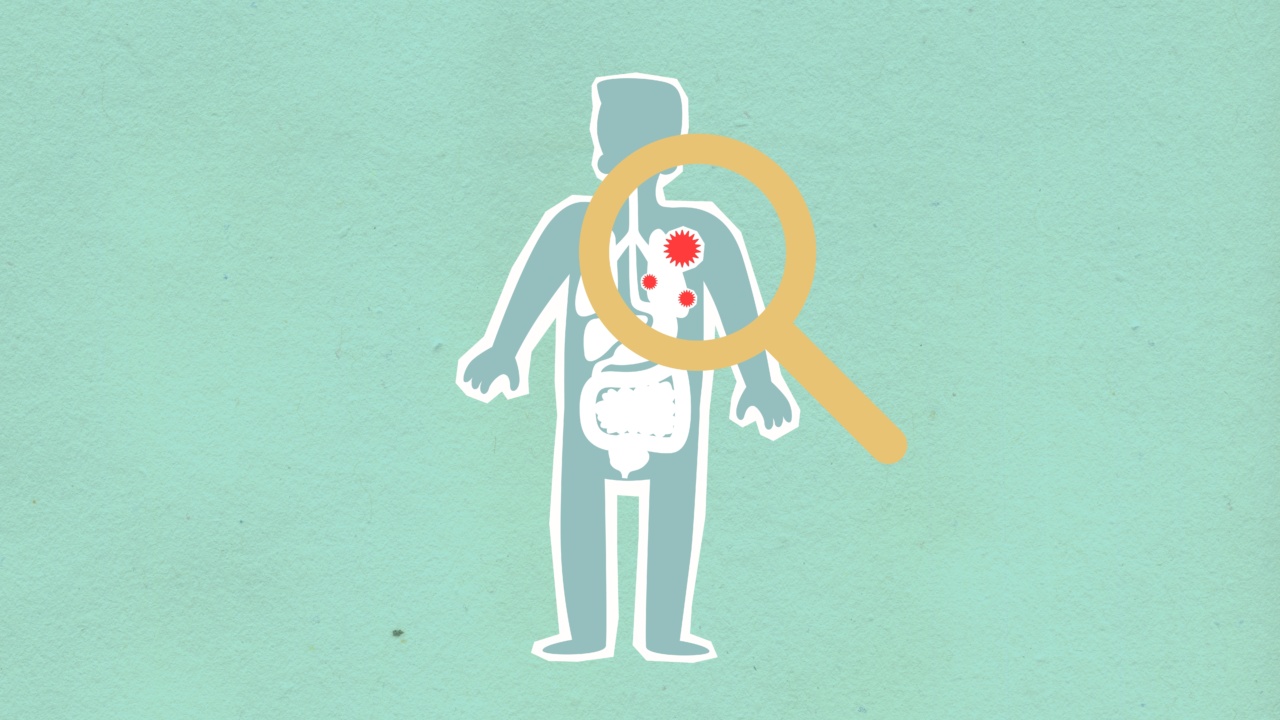Thyroid disease is a commonly diagnosed medical condition that affects the functioning of the thyroid gland.
The thyroid gland is responsible for producing hormones that regulate various bodily functions, including metabolism, heart rate, and temperature. When the thyroid gland does not function properly, it can have a significant impact on a person’s overall health and well-being.
In addition to the various symptoms and complications associated with thyroid disease, it can also affect a person’s ability to conceive and have a successful pregnancy.
Understanding Thyroid Disease
Thyroid disease encompasses a range of conditions, including hypothyroidism, hyperthyroidism, and autoimmune disorders such as Hashimoto’s thyroiditis and Graves’ disease.
Hypothyroidism occurs when the thyroid gland fails to produce enough thyroid hormones, resulting in a slowdown of bodily functions. On the other hand, hyperthyroidism is characterized by an overproduction of thyroid hormones, leading to an accelerated metabolism.
Hashimoto’s thyroiditis and Graves’ disease are autoimmune disorders that affect the thyroid gland. In Hashimoto’s thyroiditis, the immune system mistakenly attacks and damages the thyroid gland, causing hypothyroidism.
Graves’ disease, on the other hand, causes the immune system to produce antibodies that stimulate the thyroid gland, resulting in hyperthyroidism.
The Link Between Thyroid Disease and Fertility
Thyroid hormones play a crucial role in reproductive health, and any disruption in their production can impact fertility. Both hypothyroidism and hyperthyroidism have been associated with fertility issues.
Hypothyroidism and Fertility
In women, hypothyroidism can lead to irregular menstrual cycles or anovulation (lack of ovulation). This can make it difficult for women to conceive naturally.
Hypothyroidism can also affect the quality of the endometrium (lining of the uterus), making it less receptive to implantation. Additionally, this condition can cause hormonal imbalances, such as elevated prolactin levels, which can further hinder fertility.
In men, hypothyroidism can result in a decline in testosterone levels, leading to decreased sperm quality and motility. This can reduce the chances of successful fertilization and conception.
Hyperthyroidism and Fertility
Similar to hypothyroidism, hyperthyroidism can disrupt normal menstrual cycles and ovulation in women. It can also increase the risk of miscarriage, premature birth, and other pregnancy complications.
Hyperthyroidism may also lead to irregular semen parameters in men, affecting sperm quality and fertility.
Thyroid Antibodies and Fertility
Autoimmune thyroid diseases, such as Hashimoto’s thyroiditis and Graves’ disease, involve the production of thyroid antibodies by the immune system.
These antibodies can influence fertility by interfering with the normal functioning of the thyroid gland. In women, the presence of thyroid antibodies has been associated with an increased risk of miscarriage and infertility. In men, thyroid antibodies may contribute to impaired sperm function and reduced fertility.
Getting Diagnosed and Treated
If you are struggling with infertility or have concerns about your thyroid health, it is important to consult with a healthcare professional.
They will conduct thorough testing, including blood tests to measure thyroid hormone levels and thyroid antibodies.
Treatment for thyroid disease varies depending on the specific condition and its severity. Hypothyroidism is typically managed with hormone replacement therapy using synthetic thyroid hormones.
Hyperthyroidism can be treated with medications, radioactive iodine therapy, or in some cases, surgery. Autoimmune disorders may require additional treatments to manage the underlying immune response.
Optimizing Fertility with Thyroid Management
In many cases, managing thyroid disease can significantly improve fertility outcomes. Once the condition is properly diagnosed and treated, individuals can implement strategies to optimize their fertility:.
1. Maintain a balanced diet: A nutrient-rich diet that includes adequate levels of iodine, selenium, and zinc can support thyroid health and fertility.
2. Manage stress levels: High levels of stress can impact hormone production and disrupt the delicate balance needed for fertility. Utilize stress-management techniques such as exercise, meditation, or therapy.
3. Monitor menstrual cycles: Tracking menstrual cycles can help identify irregularities and potential ovulation issues. There are various smartphone apps and wearable devices available to assist in this process.
4. Partner with a fertility specialist: A fertility specialist can provide guidance on optimizing fertility and assist with assisted reproductive techniques if necessary.
Conclusion
Thyroid disease can have a significant impact on an individual’s ability to conceive and have a successful pregnancy.
Whether dealing with hypothyroidism, hyperthyroidism, or autoimmune thyroid disorders, seeking proper diagnosis and treatment is crucial. With appropriate management and support from healthcare professionals, individuals with thyroid disease can take steps to optimize their fertility and increase their chances of conceiving.































